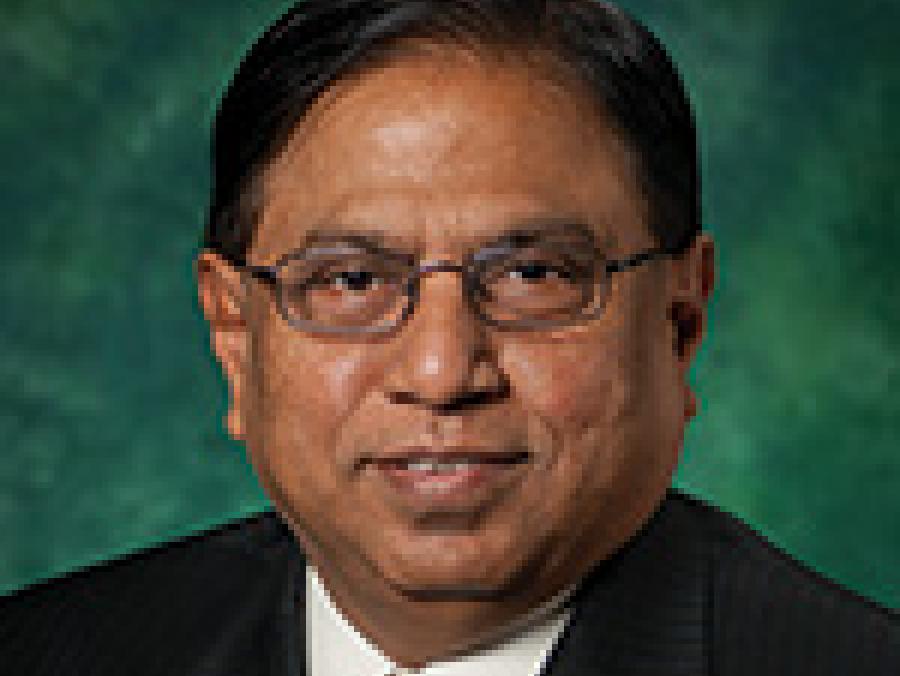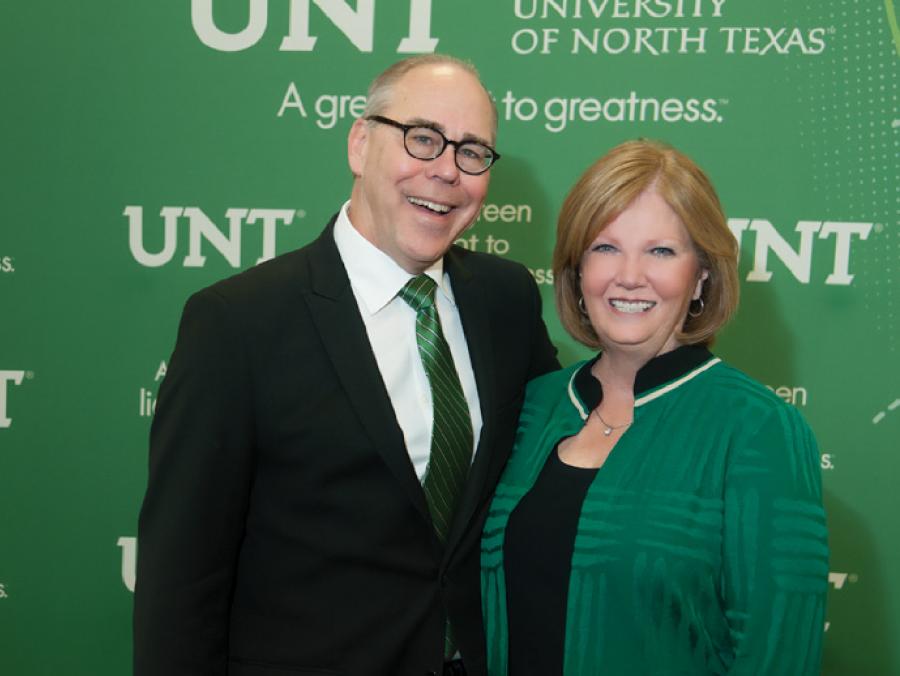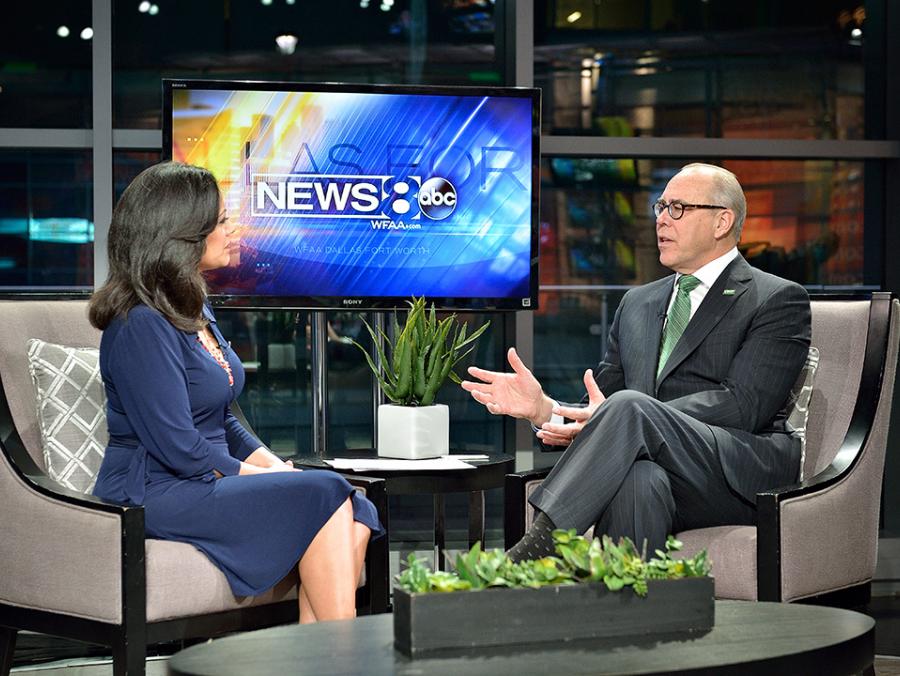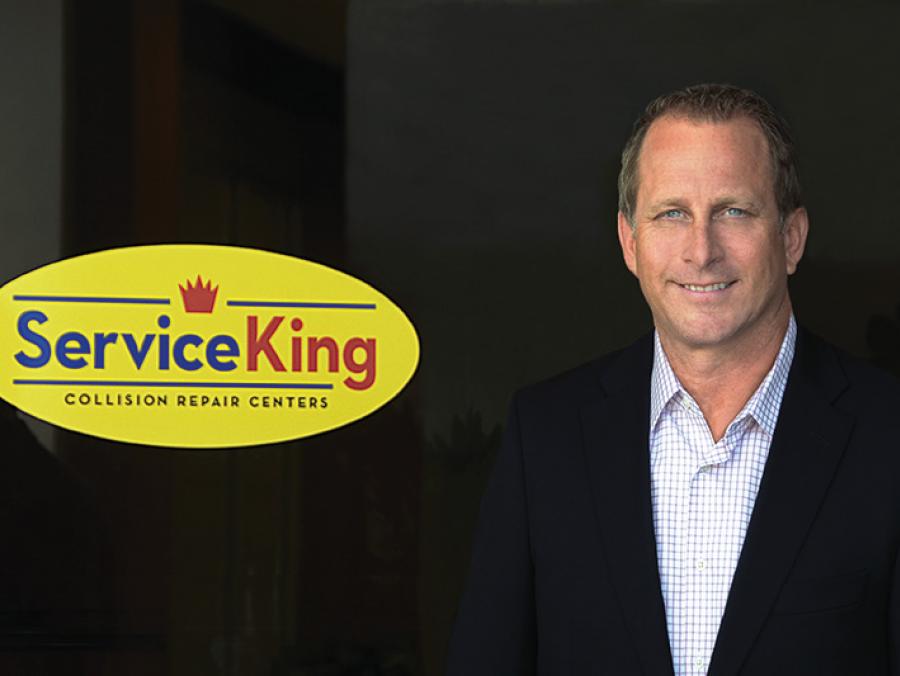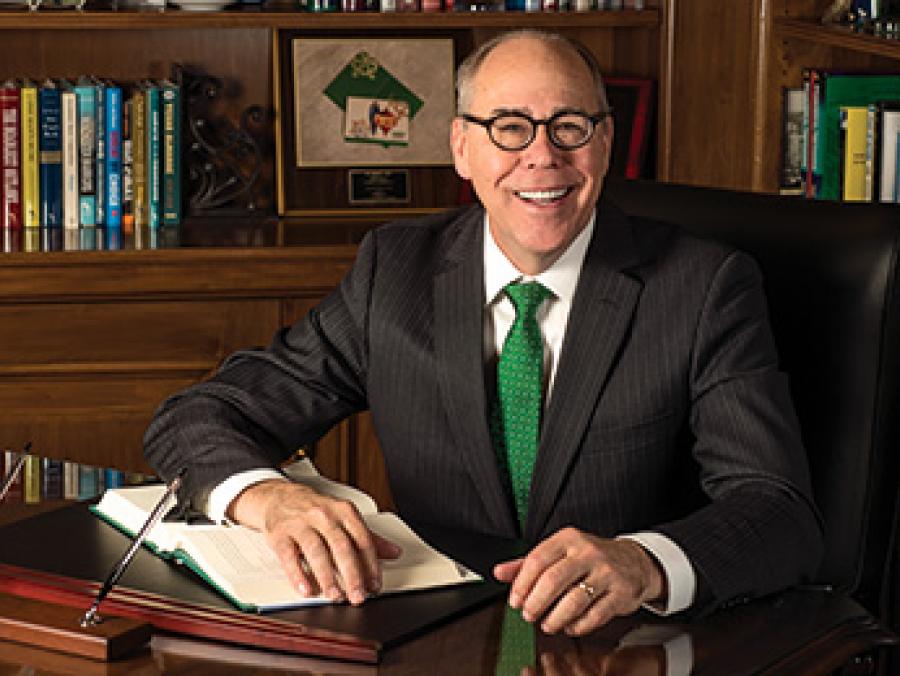
How can you start your own investment portfolio?
Organizing your finances may seem like an immense task, and deciding how to save for your future may be even more daunting. But it's easier than you think, says Marilyn Wiley, senior associate dean of the College of Business and professor of finance.
"You can become a smart financial planner with diversified investments and fully funded retirement accounts," says Wiley. "The key is watching markets and investing wisely. In time, your portfolio will grow."
She recently was named president of the Chartered Financial Analysts Society of Dallas-Fort Worth and is an expert on financial markets, derivatives pricing and international market risks. She offers the following tips:
Plan for the future
- Create a list of your existing investments -- include home ownership and retirement plan contributions.
- Determine how much you need to save to fund your future -- your child's college fund or retiring by age 60 so you can travel.
- Use online tools such as daveramsey.com to calculate how much you need to save to achieve your goals.
Invest early
- Take advantage of your employer's retirement plan. Make pre-tax contributions to 401K or other savings plans.
- Double your savings by contributing as much as your employer will match. Employer matches can be as high as 5 to 10 percent.
- Save regularly with no excuses.
Explore options
- Consider diversified mutual funds. With as little as $500, you can get started. Invest in funds with a low expense ratio, typically 1 percent or less.
- Exchange Traded Funds let you trade on the stock exchange with a small investment. Young investors can build stock portfolios for long-term investing without a lot of assets.
- Diversify and invest in international stocks and mutual funds. They may do well when the U.S. market drops.
- Lower-risk investors seeking income should consider bonds and bond mutual funds. U.S. government bonds are the most secure.











